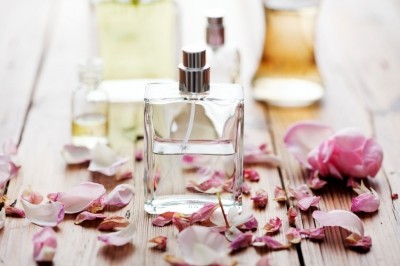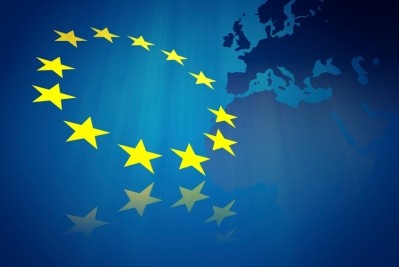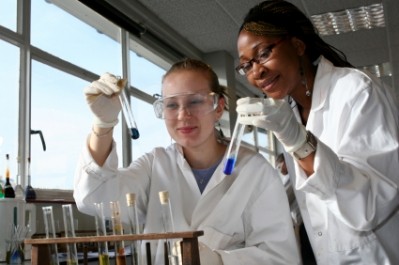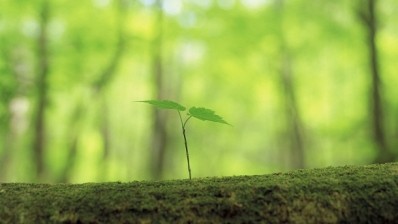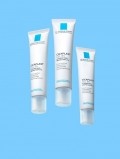EU invests €2.9 million in natural substitutes to synthetics
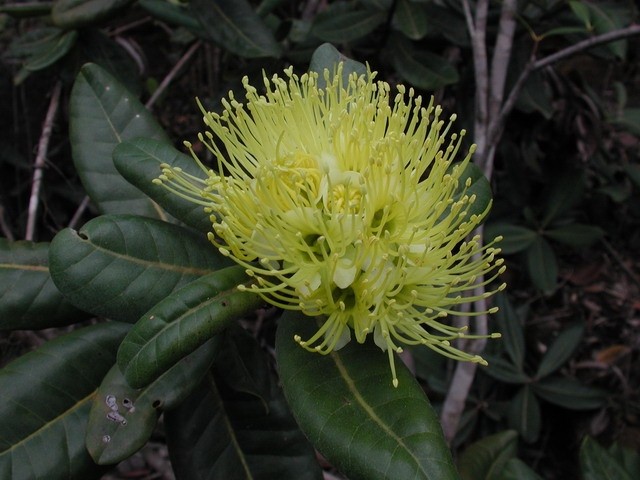
The research which will come to an end this month, fits with EU strategy to find more renewable and sustainable biological resources, thus paving the way for products that will alleviate consumers’ concerns about the impact of synthetic ingredients.
On 1 January 2014, the European Union launched a new research and innovation funding programme called Horizon 2020. Over the next seven years it plans to invest almost €80 billion in research and innovation projects to support Europe’s economic competitiveness and extend the frontiers of human knowledge.
This particular venture, supported with €2.9 million in funding brings together Korres, BASF and BRUKER Biospin with six research centres and universities from France, Greece, Panama, Switzerland and South Africa
Korres to develop range of cosmetics around research
The researchers have to date, identified 30 promising molecules, which are now being tested by the consortium’s commercial partners Korres, a Greek natural cosmetics company, and Germany’s BASF, one of the world’s largest chemical manufacturers.
Currently, Korres is testing five compounds with antioxidant properties as it looks to launch a new product line based on the research in the next two years.
“This venture is fantastic because it will provide us not only with specific ingredients, but also with an extensive library of ingredients detailing the benefits of each and how they can help us in cosmetics,” says company brand development director, Lena Korres.
Meanwhile, BASF is testing compounds for insecticidal, fungicidal and herbicidal properties. The increasing demand for organic foods has created a pressing need for natural pesticides that can be used on crops certified as ‘organic’.
Library of 3600 bioactive extracts..
AGROCOS has also created a library of 3600 bioactive extracts produced from some 1800 plant species. This will be shared so other researchers and commercial enterprises can search through them for molecules that may be valuable for industry.
Project partner BRUKER Biospin, based in Germany, is looking into commercialising a tool developed during the project for identifying known natural compounds in plant extracts.
“By the end of the project, novel compounds drawn from the resources offered by global biodiversity are expected to be available for use as new ingredients in cosmetic products,” said project coordinator Leandros Skaltsounis of the National and Kapodistrian University of Athens.
